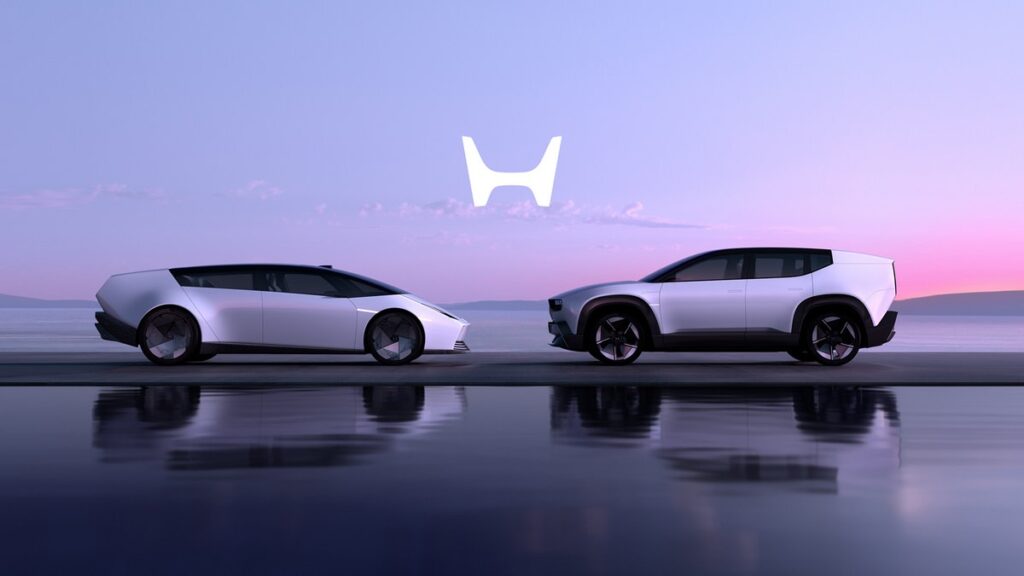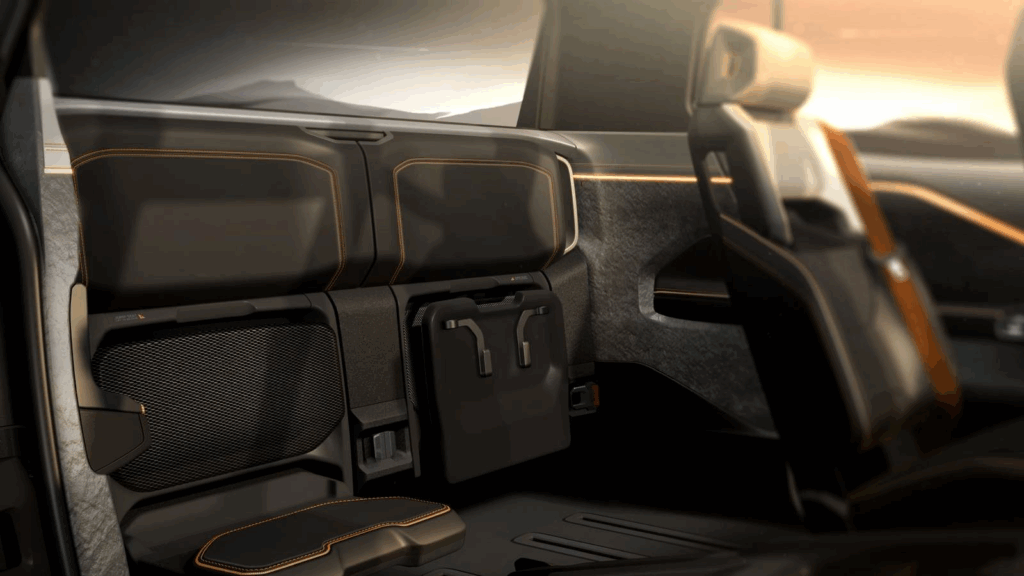When CES 2025 lit up Las Vegas, it wasn’t just consumer electronics that stole the show — automakers and suppliers brought serious innovation to the floor. From software-defined vehicles to holographic displays and autonomous-driving compute power, here are the biggest trends in auto tech from this year’s expo.
1. Next-Gen Digital Cockpits & Augmented Reality
One of the most eye-catching reveals came from BMW, which introduced its all-new “Panoramic iDrive” system. Rather than traditional gauges, the dashboard projects digital information across the entire windshield using a 3D heads-up display (HUD). The Verge+2Counterpoint Research+2
BMW’s system also uses edge AI — learning driver behavior over time to automatically surface frequently used apps, navigation routes, and preferences. The Verge
2. Holographic Windshields & In-Cabin AI
Hyundai Mobis turned heads with a full-windshield holographic display. This isn’t just for show — the projected information includes navigation cues, speed, and other critical alerts, all designed to minimize driver distraction. AP News
On the intelligence front, Sony Honda Mobility (the Afeela EV brand) revealed an AI-powered voice assistant built into its upcoming 0-Series EVs. As reported at CES, the system gets more personalized over time, learning from how you drive and what you ask. AP News
3. Biometrics & Smart Safety
Continental showcased some bold innovations in sensing. Their “Invisible Biometrics Display” uses near-infrared cameras to monitor vital signs like heart rate, while a biometric system can recognize the driver from a distance. Thales Group
These systems tie into a larger push toward software-defined vehicles (SDVs) — cars whose functions are largely defined by software, edge compute, and heavy integration with cloud systems. Business Wire+1
4. Autonomous Driving & AI Compute Platforms
CES also highlighted serious AI muscle in the world of autonomy. NVIDIA, for one, made headlines with its Drive AGX Orin chip and DriveOS — an architecture focused on real-time, safety-critical driving tasks. Toyota confirmed it will leverage this platform in future models. autoknowledge.com+1
Meanwhile, Aurora Innovation is working with NVIDIA and Continental to push Level 4 autonomous trucking, using high-performance compute and lidar/AI fusion to make self-driving trucks more viable. TechCrunch+1
5. High-Resolution LiDAR & Perception Tech
Sensor tech also showed strong momentum. Hesai revealed its AT1440 LiDAR sensor at CES, claiming exceptionally high resolution — a critical factor for future autonomous systems. Thales Group
And on the perception/AI side, StradVision teamed up with AMD to demo a deep-learning-based 3D vision stack (SVNet) running on edge hardware. This could help make advanced driver-assist systems cheaper and more scalable. reddit.com
Why CES 2025’s Auto Tech Matters
Software-defined vehicles are no longer a concept. With companies like Continental pushing full-stack SDV solutions, the balance of innovation is shifting strongly toward software, cloud, and data. Business Wire
AI is everywhere in the car. Not just for self-driving: it’s powering voice agents, biometric safety features, and in-cabin personalization. Thales Group+1
Autonomous driving is gearing up. With high-performance chips from NVIDIA and partnerships like Aurora/Continental, production-grade autonomy seems closer than ever. TechCrunch
Displays are evolving. Windshields are becoming the new dashboard — with holographic and AR projections that bring critical information into your line of sight.
The Takeaway
CES 2025 wasn’t just a consumer gadget show — it was a showcase for the coming wave of automotive innovation. We saw how AI, edge compute, and next-gen sensors are redefining what it means to drive. The car of the future is clearly software-first, deeply connected, and smarter than ever.
Would you like me to pull together a full breakdown of CES 2025’s top 10 auto-tech innovations (with links to demos and product pages)?



